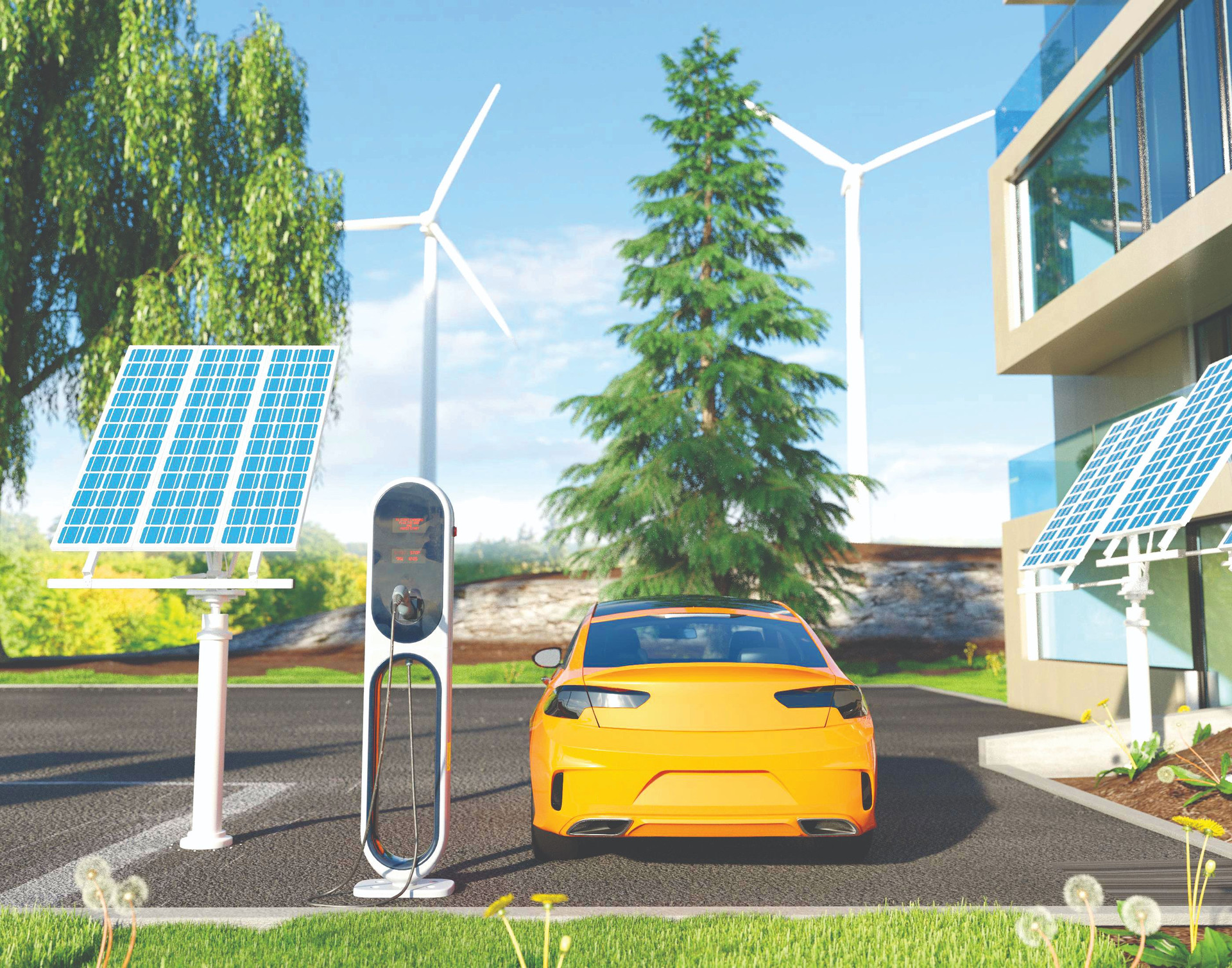On the media channels, electric cars have been introduced quite a lot and are associated with messages such as “green”, “technology”, “future products to replace fossil fuel-powered vehicles”... The number of electric cars used in Vietnam up to this point is not much, but the awareness level of consumers towards electric car brands is also significant.
This partly shows that consumers may be willing to experience with electric cars. However, to really convert from awareness to buying behavior will take more time and ways to convince consumers.

Electric -car consumers' perceptions and barriers in Viet Nam
According to the survey results with 3171
respondents in 2019, only 3% of consumers
in Vietnam prefer to buy battery-powered
electric cars, and 16% of people think that
they also prefer to buy hybrid cars. While the
rest of 81 said that they would still choose
gasoline-powered car brands in the near
future if they intend to buy. Notably, only 6%
of people agree that they will pay more (at a
special price) to buy electric cars, 38% think
they will spend a little more and there is up to
47% think they will spend the same amount on
gasoline-powered cars (Statista, 2022b).
Compared with other countries in the region, it seems that Vietnamese consumers may be willing to spend more money to own and experience an electric car.
Specifically, 38% of Vietnamese consumers think they can pay a little more than a conventional car while the percentage in Indonesia is 13%, Malaysia 10%, Philippines 12%, Singapore 13%, and Thailand 4%. Vietnamese people can also accept much higher prices for electric car products than other consumers do in the other countries. Therefore, only 47% of consumers polled think that they will spend the same amount to buy an electric car and only 9% of people think that they are willing to buy an electric car at a lower price than a conventional car. It can be seen that electric cars are pinned into perceptions of Vietnamese consumers as a “higher” product than conventional cars running on gasoline and other oil. And Vietnamese consumers also think that battery electric vehicles have less impacts on the environment than other fossil fuel (petrol, oil) cars (Deloitte, 2022).

The concerns of consumers in ASEAN countries towards electric cars, according to the survey results in 2020, mainly come from the lack of public charging facilities and concerns about battery technology, time. required to fully battery charge, high cost/price, range of electric vehicle range and limited choice of vehicle brands (Statista, 2022b). Compared with other countries in the region, it can be seen that Vietnamese consumers are somewhat more worried about the safety of rechargeable batteries (22%, only after the Philippines with 24%), and Vietnamese are also more worried about the safety of rechargeable batteries. expressed the most concern with the time it took to fully charge the battery (19%- the highest rate among countries with consumers surveyed).
However, these concerns tend to decrease in 2021. According to survey results of Deloitte (2022), only 27% of Vietnamese consumers are concerned about public charging facilities and 12%. who are concerned about the safety of battery technology. But instead, 22% of respondents said that they do not know the distance that electric cars can travel in the context of Vietnam’s traffic. This result is quite contrary to the perception of consumers in Indonesia with 40% of people concerned about charging facilities (compared to 39% in 2020) and 9% of people concerned about the distance traveled ( while 22% in 2020). Consumers in Thailand also feel the same way as they seem to be more worried about mileage (33% in 2021 compared to 19% in 2020). Consumers in Malaysia seem to have reduced concerns on most of the issues they mentioned in the 2020 survey (only 25% was concerned about charging facilities in 2021 while in 2020 there was up to 35% , and other issues were in a similar trend).Customers in the Philippines, Singapore also have similar results as those in Malaysia.

According to a report by Statista (2022), based on a survey of 1,039 Vietnamese people in 2019, only 3.37% of people own pure electric cars, while 16.94% of people own hybrid cars and 86.43% of people own a gasoline-powered car (Statista, 2022a). According to a report by the Vietnam Register, in 2019 there were only 140 electric cars, 900 cars in 2020 and more than 1,000 cars in 2021. Notably, most of them are hybrid cars and gasoline- electric vehicles, and all are imported. Pure electric vehicles account for a very low percentage (H.L, 2022).
From the above results, it can be seen that enterprises will face many difficulties in influencing consumers’ decisions to buy electric cars in Vietnam’s market. In addition, worrying news about the materials for producing electric car batteries in recent times may also cause barriers to the sustainable development of this product line.
Department of Brand Management- Vietnam Commerce University